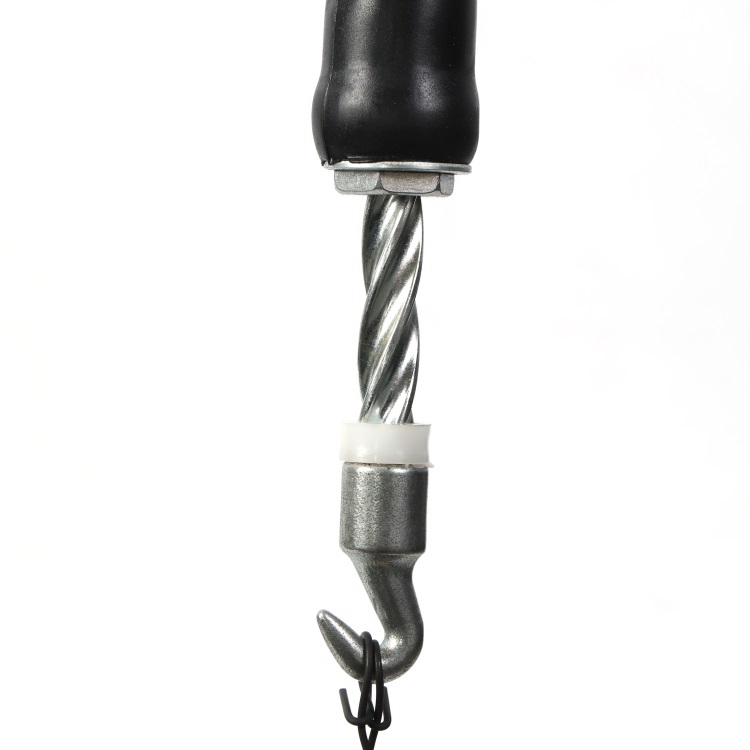common nails q195 q235
Understanding Common Nails Q195 and Q235 Steel Grades
Common nails are fundamental fasteners in construction and various DIY projects. Their effectiveness often hinges on the materials used in their production. Two prevalent steel grades used in manufacturing common nails are Q195 and Q235. Understanding these materials can help you make informed choices for your construction needs.
What Are Q195 and Q235?
Q195 and Q235 are designations for carbon steel materials defined by the Chinese standard GB/T 700. The letter 'Q' signifies 'yield strength' while the numbers correspond to the yield strength measured in megapascals (MPa). Q195 has a yield strength of about 195 MPa, whereas Q235 offers a higher yield strength of around 235 MPa. This difference in mechanical properties means they are suited for different applications, depending on the requirements for strength and flexibility.
Composition and Properties
The chemical composition of Q195 primarily includes carbon, manganese, and a low percentage of other elements, giving it a relatively low tensile strength but excellent ductility. It is generally used for basic structures and applications where high strength is not crucial.
common nails q195 q235

On the other hand, Q235 steel has a slightly higher carbon content and can contain more manganese, which enhances its mechanical properties. This grade exhibits better tensile strength along with good weldability and machinability, making it suitable for a broader range of construction applications, from structural frames to manufacturing boiler steel plates.
Applications of Common Nails
The choice between common nails made from Q195 and Q235 steel depends on the specific application. Q195 nails are typically ideal for light-duty purposes, such as in connecting wooden boards, crafting furniture, or in temporary structures where high strength is not needed. They are also more cost-effective due to the lower material properties.
Q235 common nails, with their superior strength, are preferred for heavy-duty applications. These nails are often used in the construction of frameworks, roofing, and outdoor projects where load-bearing qualities are essential. Their durability makes them suitable for environments exposed to weather elements, ensuring the integrity and longevity of the structures they hold together.
Conclusion
When selecting common nails for your project, understanding the distinction between Q195 and Q235 steel grades is crucial. While Q195 nails are adequate for general purposes and light loads, Q235 nails are ideal for robust applications requiring enhanced strength and durability. By choosing the right material, you can ensure the success and safety of your construction endeavors. Whether you are a professional contractor or a DIY enthusiast, being informed about the types of steel used in nails can lead to better results and lasting projects.
-
The Durability and Versatility of Steel Wire
NewsJun.26,2025
-
The Best Iron Nails for Your Construction Projects
NewsJun.26,2025
-
Strengthen Your Projects with Durable Metal Stakes
NewsJun.26,2025
-
Get the Job Done Right with Duplex Nails
NewsJun.26,2025
-
Explore the Versatility and Strength of Metal Mesh
NewsJun.26,2025
-
Enhance Your Security with Razor Wire
NewsJun.26,2025














